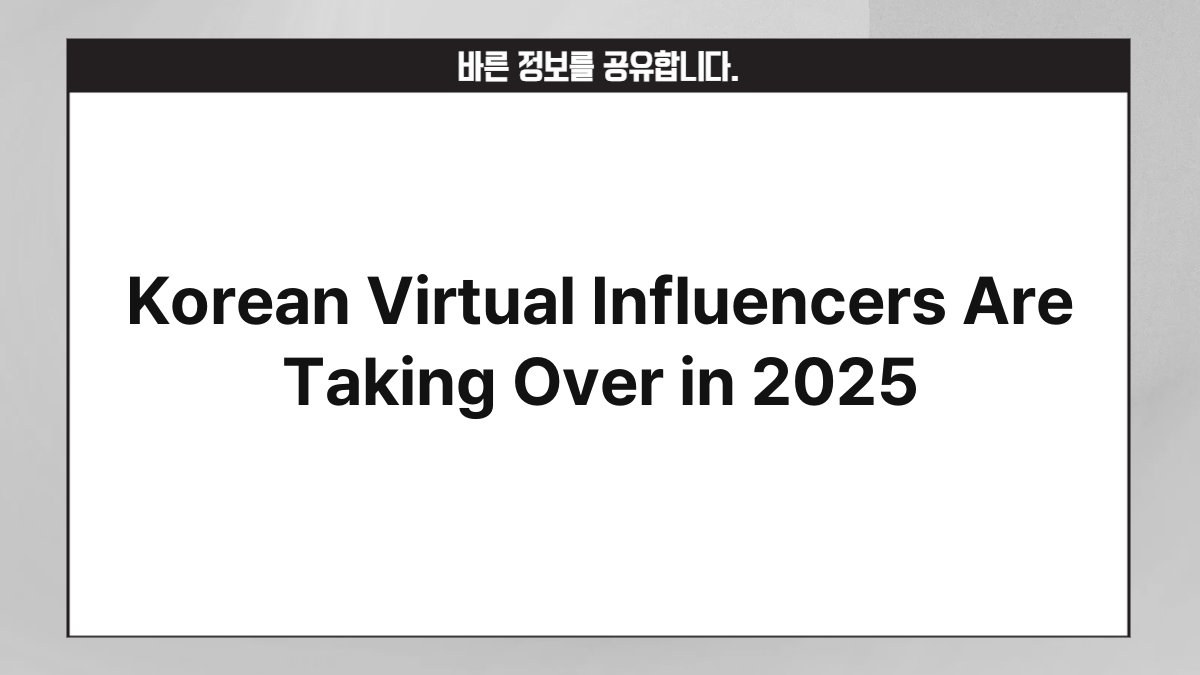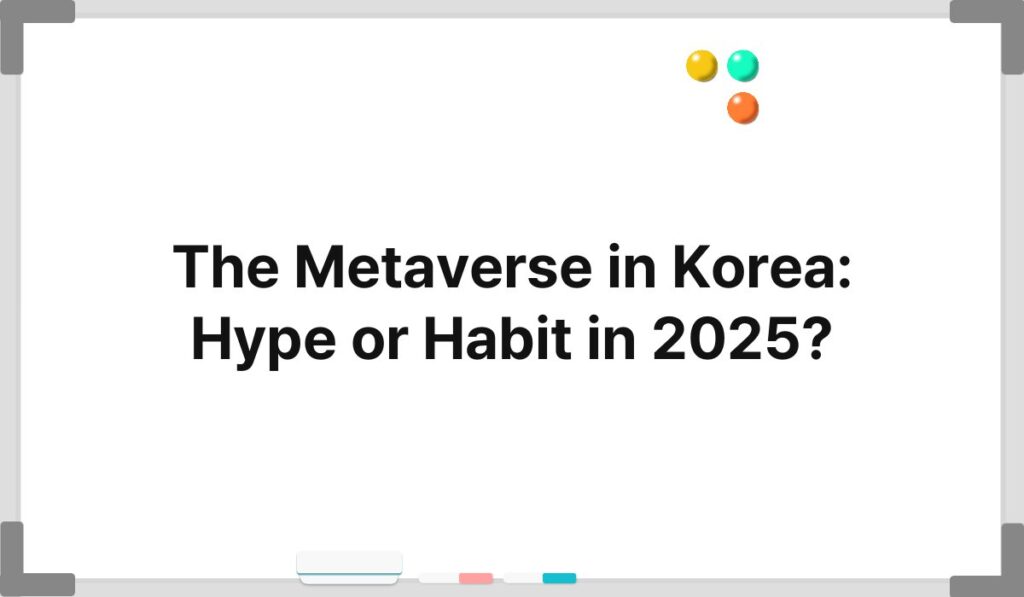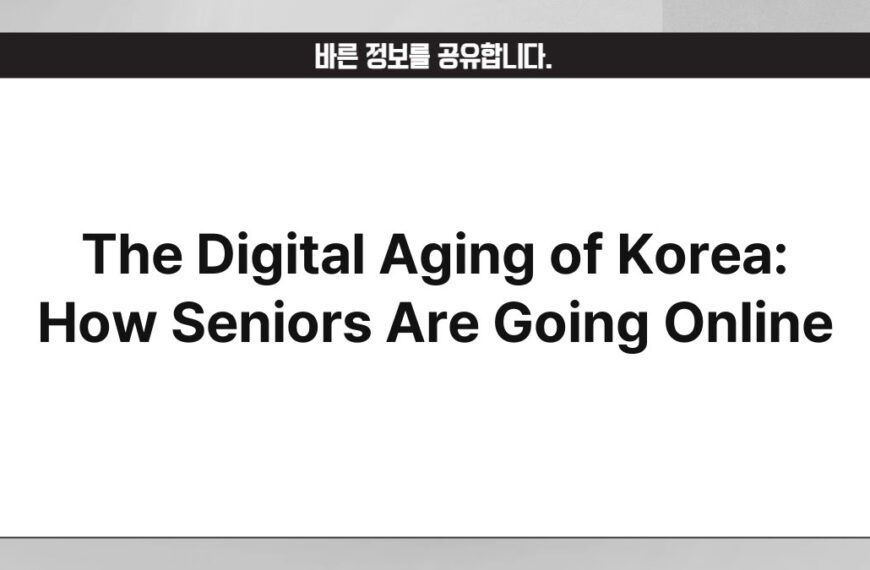[K-Bridge/Samuel] Korean Virtual Influencers are gaining unprecedented popularity and influence in 2025. These digital personalities, created through advanced technology and artificial intelligence, are reshaping the landscape of social media and marketing.
Unlike traditional influencers, they offer unique advantages such as consistency, availability, and the ability to engage with audiences on a personal level without the limitations of physical presence.
As brands increasingly turn to virtual influencers for their marketing strategies, the impact of these digital entities is set to grow even further.
This article will explore the rise of Korean virtual influencers, their impact on various industries, and the future trends that will shape their evolution.
The Rise of Korean Virtual Influencers
The Genesis of Virtual Influencers
The concept of virtual influencers emerged from the intersection of technology and creativity.
In Korea, this trend has rapidly evolved, fueled by advancements in artificial intelligence and graphic design.
These digital personas are crafted to resonate with audiences, often reflecting cultural values and trends.
The initial foray into virtual influencers was met with skepticism, but their ability to engage and entertain soon won over both audiences and brands.
As technology continues to advance, the potential for creating more lifelike and relatable virtual personas expands, paving the way for a new era in influencer marketing.
Cultural Impact and Acceptance
The acceptance of virtual influencers in Korean society speaks to broader cultural shifts.
As digital natives increasingly dominate the consumer market, the demand for relatable and engaging content has surged.
Virtual influencers, often designed to embody specific traits and aesthetics, can cater to diverse audience preferences.
This cultural resonance is crucial; it allows these digital characters to forge connections that transcend traditional marketing.
As a result, brands are leveraging virtual influencers to tap into the cultural zeitgeist, creating campaigns that resonate deeply with target demographics.
Economic Implications
The economic implications of the rise of Korean virtual influencers are significant.
Brands are discovering that collaborating with virtual influencers can be more cost-effective than traditional celebrity endorsements.
Virtual influencers do not require travel, accommodations, or personal appearances, which can drastically reduce marketing budgets.
Additionally, they provide brands with the ability to experiment with various marketing strategies without the risk of negative publicity associated with human influencers.
This shift is fundamentally changing how companies allocate their marketing resources, leading to a redefinition of influencer partnerships.
The Role of Technology in Shaping Virtual Influencers
Advances in Artificial Intelligence
Artificial intelligence is at the heart of the virtual influencer phenomenon.
With machine learning algorithms, these digital personas can analyze audience preferences and adapt their content accordingly.
This level of personalization enhances engagement, making virtual influencers feel more relatable and authentic.
As AI technology continues to evolve, the potential for creating more sophisticated virtual influencers increases, allowing them to interact with followers in real-time and respond to comments and queries.
This dynamic interaction fosters a sense of community, further solidifying their role in the digital landscape.
Graphic Design and Animation
The artistry behind virtual influencers is equally important.
Cutting-edge graphic design and animation techniques bring these characters to life, allowing for a wide range of expressions and interactions.
Designers meticulously craft every detail, from facial expressions to clothing, ensuring that these virtual beings resonate with audiences.
As graphic design technology advances, the realism of virtual influencers will continue to improve, making them increasingly difficult to distinguish from real people.
This visual appeal plays a crucial role in attracting and retaining followers, contributing to their overall success.
Data-Driven Marketing Strategies
The integration of data analytics with virtual influencers is revolutionizing marketing strategies.
Brands can track engagement metrics, audience demographics, and content performance in real-time.
This data-driven approach allows for more targeted marketing campaigns that align with consumer interests.
By analyzing this data, brands can refine their strategies, ensuring that their virtual influencers are effectively reaching and engaging their desired audiences.
This shift towards data-centric marketing is not only enhancing the effectiveness of campaigns but also providing brands with valuable insights into consumer behavior.
The Impact on Traditional Influencer Marketing
Shifting Brand Collaborations
The emergence of Korean virtual influencers is prompting brands to rethink their collaboration strategies.
Traditional influencers often come with unpredictable factors, such as personal controversies or changing public perception.
In contrast, virtual influencers offer a stable and consistent presence, allowing brands to maintain a steady brand image.
This reliability is particularly appealing in an era where brand reputation is paramount.
As a result, companies are increasingly opting for virtual influencers to mitigate risks associated with human endorsements.
Audience Engagement Dynamics
The dynamics of audience engagement are also evolving with the rise of virtual influencers.
Unlike traditional influencers, who may have varying levels of interaction with their followers, virtual influencers can engage with audiences at any time.
This constant availability fosters a sense of connection and loyalty among followers.
Additionally, virtual influencers can be programmed to respond to audience feedback, creating a more interactive experience.
This level of engagement is reshaping how brands connect with consumers, emphasizing the importance of real-time interaction in digital marketing.
Redefining Authenticity
The concept of authenticity is being redefined in the context of virtual influencers.
While traditional influencers often rely on their personal stories and experiences to connect with audiences, virtual influencers create a different narrative.
Their authenticity stems from their design and the personas they embody rather than personal experiences.
This shift challenges traditional notions of authenticity in influencer marketing, prompting brands to reconsider what it means to be genuine in the digital age.
As audiences become more accustomed to virtual influencers, the expectations surrounding authenticity will continue to evolve.
Future Trends in Virtual Influencer Development
Hyper-Personalization
As technology continues to advance, hyper-personalization will become a key trend in virtual influencer development.
Brands will increasingly seek to create virtual influencers tailored to specific audience segments, enhancing relatability and engagement.
This level of customization will allow brands to connect with diverse consumer groups, ensuring that their messaging resonates on a personal level.
Hyper-personalization will also extend to content creation, with virtual influencers generating tailored content based on audience preferences and behaviors.
Integration with Augmented Reality
The integration of augmented reality (AR) with virtual influencers is on the horizon.
AR technology will enable audiences to interact with virtual influencers in real-world settings, creating immersive experiences that enhance engagement.
For instance, users could virtually “meet” their favorite influencers or participate in interactive campaigns that blend the digital and physical worlds.
This convergence of technology will redefine how audiences perceive and interact with virtual influencers, making them an integral part of everyday life.
Evolving Ethical Considerations
As virtual influencers become more prevalent, ethical considerations will also evolve.
Questions surrounding transparency, representation, and the potential for manipulation will come to the forefront.
Brands and creators will need to navigate these ethical dilemmas carefully, ensuring that their virtual influencers are designed and marketed responsibly.
Establishing clear guidelines and standards for virtual influencer practices will be essential in maintaining audience trust and credibility in the digital landscape.
The Global Influence of Korean Virtual Influencers
Exporting Korean Culture
Korean virtual influencers are not only making waves domestically; they are also exporting Korean culture globally.
As these digital personas gain international recognition, they serve as ambassadors of Korean trends, fashion, and entertainment.
This cultural export is contributing to the global popularity of K-pop, K-dramas, and other facets of Korean culture.
By leveraging virtual influencers, brands can tap into this cultural phenomenon, connecting with audiences worldwide and fostering cross-cultural exchanges.
Collaborations with Global Brands
The rise of Korean virtual influencers has opened doors for collaborations with global brands.
As these digital personalities gain traction, brands from various industries are eager to partner with them to reach new markets.
This trend is reshaping the global influencer landscape, creating opportunities for cross-border collaborations that transcend geographical boundaries.
The ability of virtual influencers to appeal to diverse audiences makes them valuable assets for brands seeking to expand their reach and influence.
Impact on Global Marketing Strategies
The influence of Korean virtual influencers is prompting a reevaluation of global marketing strategies.
Brands are recognizing the potential of virtual influencers to engage audiences in innovative ways, leading to the development of new marketing frameworks.
As companies adapt to the changing landscape, the integration of virtual influencers into global campaigns will become increasingly common.
This shift will not only enhance brand visibility but also redefine how companies approach marketing in the digital age.
Challenges Facing Korean Virtual Influencers
Navigating Public Perception
Despite their growing popularity, Korean virtual influencers face challenges in navigating public perception.
Skepticism surrounding the authenticity of virtual personas can hinder their acceptance among certain audiences.
Overcoming this skepticism requires a strategic approach to storytelling and engagement, ensuring that virtual influencers resonate with followers on a personal level.
Building trust will be essential for their long-term success, necessitating transparency and authenticity in their interactions.
Competition in a Saturated Market
As the popularity of virtual influencers rises, competition in the market is intensifying.
Numerous brands are vying for attention, leading to a saturation of virtual personas.
To stand out, virtual influencers must continually innovate and evolve, offering unique content and experiences that captivate audiences.
This competitive landscape poses challenges for both creators and brands, necessitating creative strategies to maintain relevance in a crowded marketplace.
Ethical Concerns and Regulations
The rise of virtual influencers also brings forth ethical concerns and potential regulations.
Issues surrounding data privacy, representation, and the impact of virtual personas on mental health are gaining attention.
As audiences become more aware of these concerns, brands will need to address them proactively.
Establishing ethical guidelines and best practices for virtual influencer marketing will be crucial in fostering a responsible and sustainable industry.
Conclusion: The Future of Korean Virtual Influencers
The trajectory of Korean virtual influencers is set to shape the future of digital marketing and social media.
As technology continues to advance, these virtual personas will become increasingly sophisticated, offering brands new avenues for engagement and connection.
The cultural impact of Korean virtual influencers will extend beyond borders, influencing global trends and consumer behavior.
However, navigating the challenges and ethical considerations will be paramount in ensuring their sustainable growth.
As we move forward, the evolution of Korean virtual influencers will undoubtedly redefine the landscape of influencer marketing, creating exciting possibilities for brands and audiences alike.








